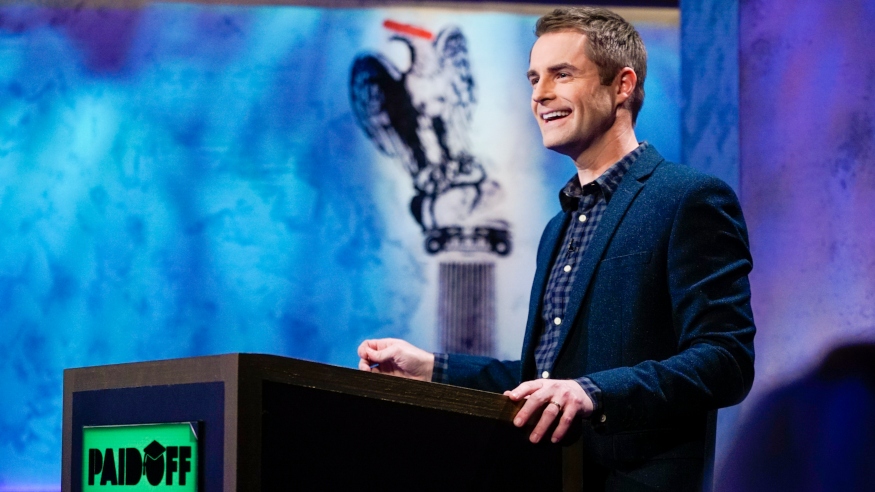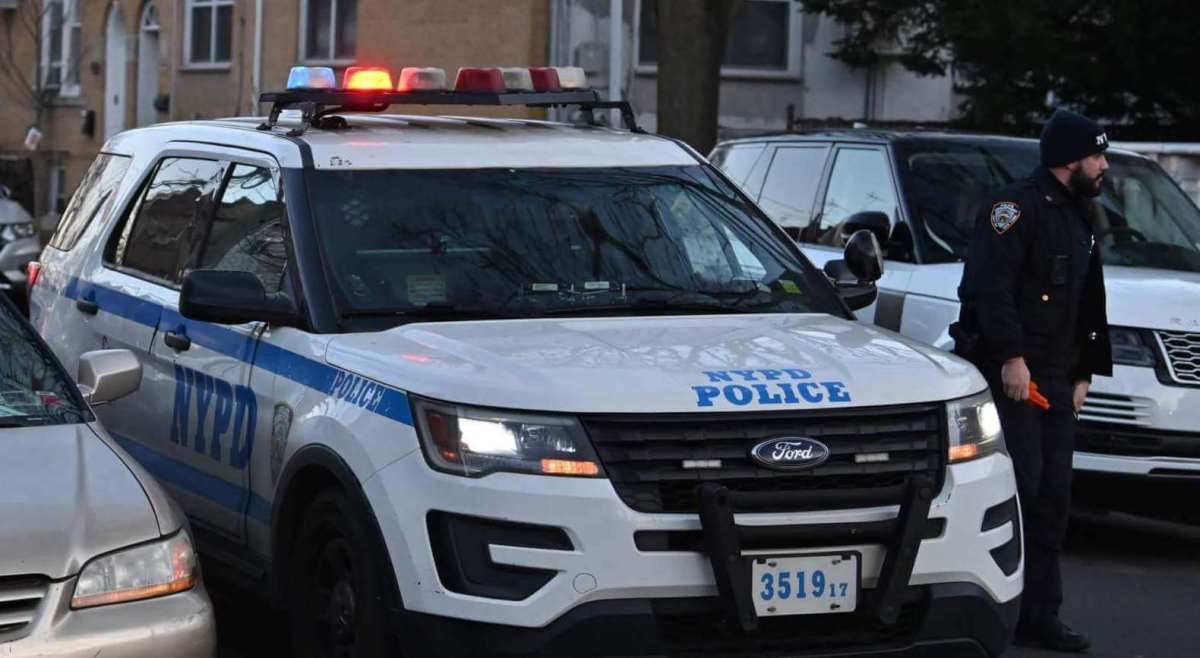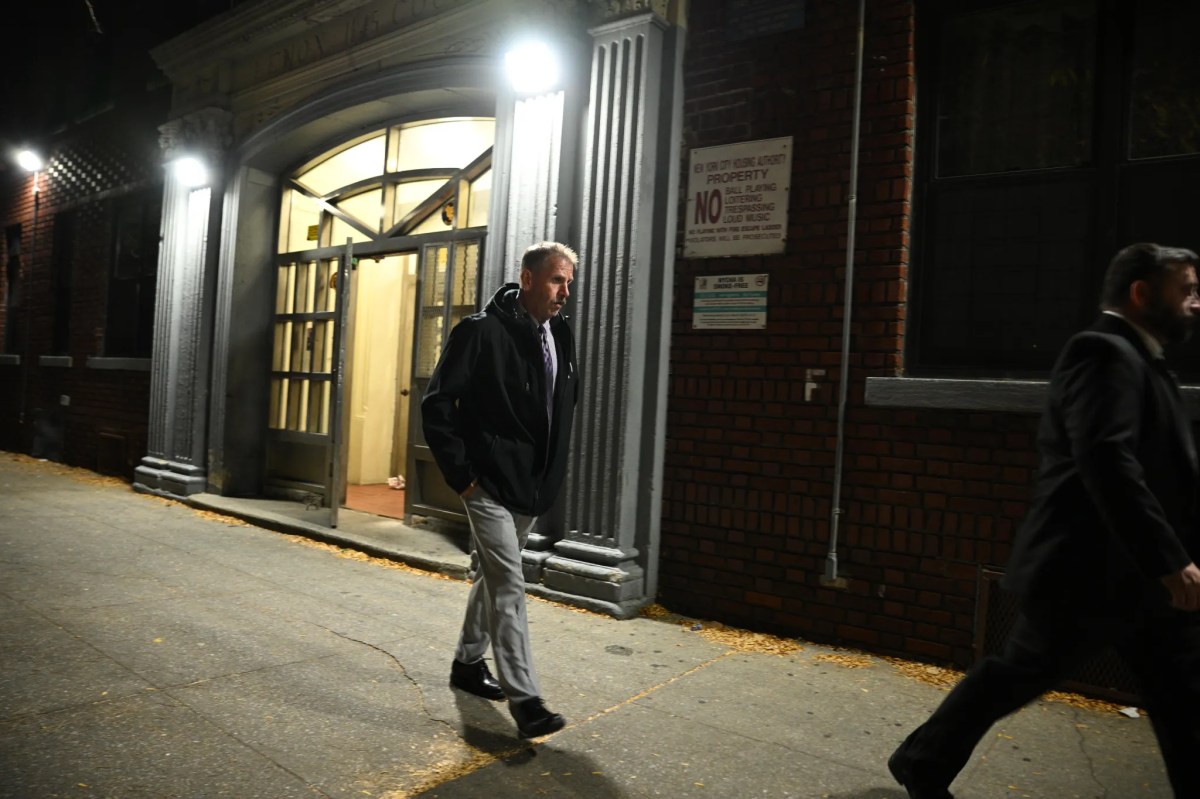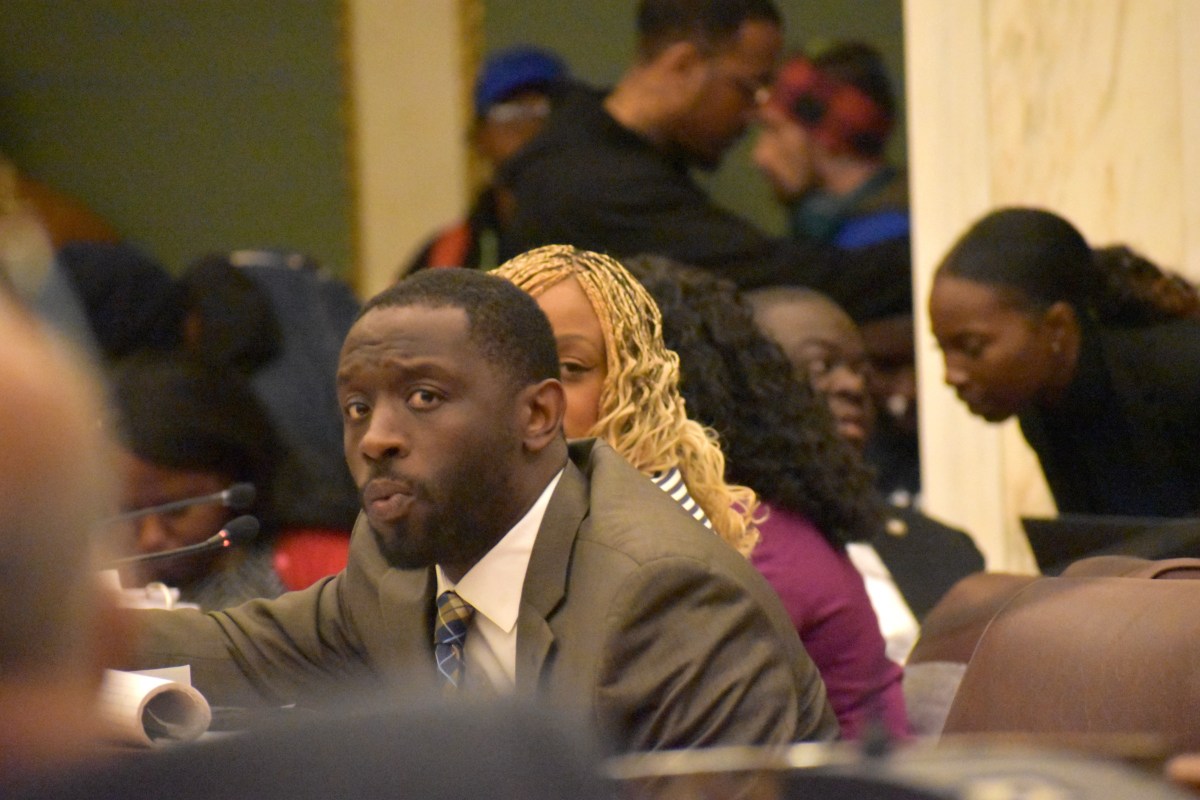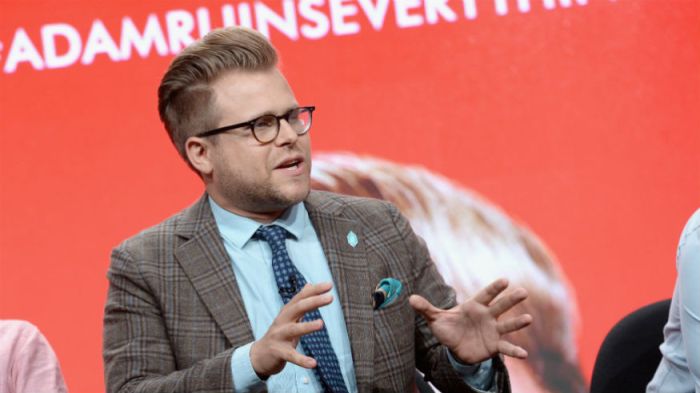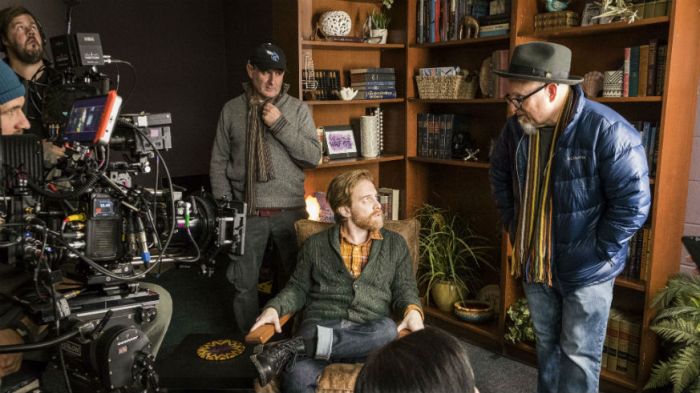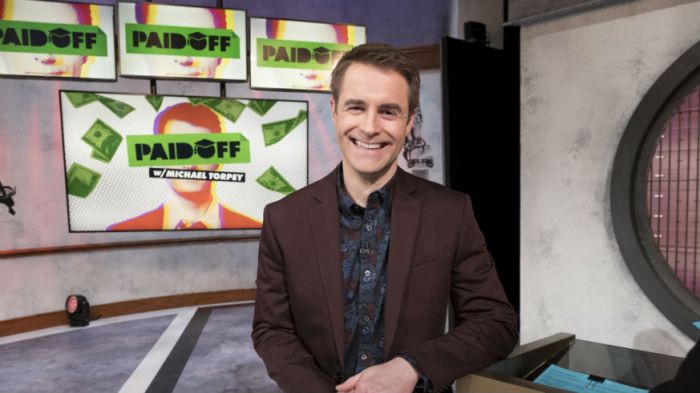When we caught up with Michael Torpey before the premiere of the first season of his show “Paid Off With Michael Torpey” on TruTV last year, the show seemed like it was an idea just crazy enough to work. Since then, the groundbreaking game show has helped numerous contestants decrease or completely eradicate their student debt, and struck a chord with an American audience desperate for a solution to the current crisis we are living through. After getting such a positive response, the show will be returning tonight to help even more people each night: In addition to helping contestants in the studio, Torpey will also be taking live calls from those in need around the country. We caught up with Michael Torpey ahead of the premiere about the new episodes and what he thinks politicians should be discussing ahead of the 2020 election.

Your show “Paid Off” is coming back for more episodes. What do you attribute to the show’s success?
Michael Torpey: I think it is tapping into a cause that a lot of people believe in and are waking up to. The hope was that it would be presented in a way that didn’t feel political — no, sorry, not political, not partisan. You know, traditionally it feels like it’s been a cause of the left. But I really wanted to present human stories and say, look at these people who are doing their absolute best and they’re just getting screwed over by our higher education system. And I think people were really able to get behind that and realize that there’s something wrong, that we are penalizing people for just wanting an education. When we’re holding people back from doing work that we look around our community and see that we need to have done, then there’s something really wrong here. So it was great to have support from viewers, and also to have people reach out and say, you know, that they want to come on. It’s crazy that this is someone’s best course of action but unfortunately that’s where we are right now.
It seems like both student debt relief or free public college are both issues that the majority of people can get behind — like the legalization of marijuana — but the government is slow to implement on a wide scale. What do you think is the best course of action for people to make changes on the political level?
Michael Torpey: Sure. Well, you brought up of the legalization of marijuana. I think that’s a good parallel between the two, because of the student debt crisis and mass incarceration for drug charges. They’re both results of poor government policy. When people say, hey, you’ve done this wrong for years, we just need you to fix it — I think that’s completely appropriate. People want to paint it as this government giveaway that comes out of nowhere. That’s wrong. The government has been involved in student debt for years. It’s become a huge problem, and for them to fix it, it’s not out of left field, it’s completely appropriate. I think the same goes for our failed drug policies. If we’re going to legalize marijuana, we have to step in, and we have to do right by all the people whom we have penalized with insane jail terms for possession and minor marijuana offenses. I want people to call the representatives. It’s what I say at the end of every show. I want them to do it. We should be flooding their phone lines — that works. Ask anyone who works at an office. Ask anyone who works in one of the offices of one of our elected officials. It’s the people who call their office, those are the messages that get relayed. You know, writing letters is great, too, but put that number in your phone. Make it a part of your walk to work. Just call them up and say, “Hey, it’s Michael. I need you to get behind [Sen. Elizabeth] Warren’s plan for debt forgiveness. That I think is the best thing we can do, because our elected officials need to know how we feel about this. Even if it’s someone who you know doesn’t care, who vehemently does not agree, call their office every day and tell them you’re going to find someone who does.
What do you think is the best strategy for debt forgiveness?
Michael Torpey: Bernie hasn’t put out a new plan in a while. I feel like we’re going to hear something new from him soon, so I don’t necessarily want to say that I’m choosing someone over another. But I will say that I like that Sen. Warren’s plan addresses the outstanding debt and the cause of it. Because if you just come in and forgive all this debt but you just ignore the current higher education system, what about next year? What about all of their debt? You’ve got to address the root of it, too, and she wants to have more funding for public education so that it can be free as well. And I think that needs to happen. In terms of cost, these are things that we decide to pay for as a society, and I would happily pay more for a more educated, better-functioning society, and a happier society. It would be something that I would happily sacrifice more of my income toward. And money is always an excuse for something that people don’t want to do. I feel like we can always find funding when needed.
Have you been contacted by any politicians for advice?
Michael Torpey: I have not, no. I want to reach out to some to see if they’ll come hang out, to come and see if they’ll be part of the show, but I have not been directly contacted by anyone. I wonder if it’s because the show is so weird, because I point the finger at Congress a lot. I wonder if they just want to stay a little distant, because, I mean, the show’s a little out there and some people don’t like it. Maybe it’s just a little too risky for a politician to associate themselves with. I would welcome anyone who would want to come on the show and talk. The show is supposed to welcome conversation, so if you want to come from any side of this conversation and come be part of the show, I am here for it. Because the goal is that by telling all the stories, at the very least we’ll know that something needs to change.
Hearing people tell their stories of their struggles with student debt must take a toll on you. How are you feeling going into the second season?
Michael Torpey: It’s devastating to hear the sacrifices people are making for going to school, but it’s inspiring to hear that they’re still looking to make a change and they have these frames [of mind] and they have work that they want to do. And the few people whom we’ve really been able to help out, it pushes the group for it as a whole. So when you see the small effect of this little game show, and how many lives we have changed already, and you think, man, if we can cancel out debt for Warren’s plan, I think 75 percent of the debtholders would be debt-free immediately? So that’s over 30 million? So 30 million people [would be] immediately unburdened? The impact that would have, you know, within this [show] on the scale of 40 people a year. And most of these people aren’t fully unburdened: We only have a couple of grand-prize winners each season, so it’s really only eight a year who are completely unburdened of their debt. And to see that, that is so powerful, for someone to be able to say that they can go do what they worked toward their whole life. If that were to happen on a mass scale, in one fell swoop, for 30 million people? It would be one of the most invigorating moments in this country’s history.

